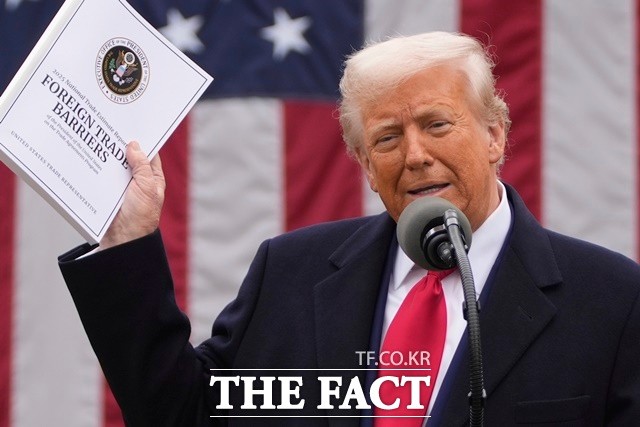IMF Slashes South Korea’s Growth Forecast by Half: Trade War Casualties Mount
South Korea faces a dramatic economic slowdown as the International Monetary Fund cuts its 2025 growth projection from 2.0% to just 1.0%. This stark revision reflects growing concerns about the country’s vulnerability to America’s aggressive tariff policies, which are heavily impacting Korea’s export-dependent economy. With global trade tensions escalating and policy uncertainty rising, what does this mean for investors, businesses, and South Korea’s economic resilience in the coming months?
Global Economic Contagion Spreads
The IMF’s downward revision of South Korea’s growth forecast is part of a broader global economic slowdown trend affecting major economies worldwide.
- Global growth forecast reduced from 3.3% to 2.8%, signaling widespread economic challenges
- Major economies facing significant downward revisions: US (2.7% to 1.8%), Germany (0.3% to 0%), Japan (1.1% to 0.6%)
- South Korea’s 50% forecast reduction represents one of the most severe adjustments among developed economies
America’s Tariff Policy Creates Shock Waves
South Korea’s high dependence on US exports has made it particularly vulnerable to America’s indiscriminate tariff policies.
- Korean exporters face mounting pressure as new tariffs directly impact competitiveness in the American market
- Key industries including semiconductors, automobiles, and consumer electronics experiencing significant order reductions
- Export revenue projections for 2025 facing substantial downward revisions, creating ripple effects throughout the economy

Domestic Economic Challenges Intensify
The external shock comes at a time when South Korea already faces significant internal economic pressures.
- Consumer spending and business investment showing signs of contraction amid growing uncertainty
- High interest rates limiting monetary policy flexibility while elevated debt levels constrain fiscal options
- Financial markets experiencing heightened volatility, with the Korean won under particular pressure
- Current account balance concerns growing as export revenues decline while import costs remain elevated
IMF Prescribes Policy Medicine
The IMF has issued specific recommendations to help South Korea and other affected economies navigate the challenging environment.
- Call for restraint on industrial subsidies that may trigger further protectionist responses
- Emphasis on expanding regional and multilateral trade agreements to prevent trade fragmentation
- Recommendation for prudent monetary policy and sound fiscal management to maintain economic stability
- Suggestion to implement targeted support for vulnerable sectors while avoiding broad market distortions

The dramatic revision of South Korea’s growth forecast highlights the increasing interconnectedness of the global economy and the vulnerability of export-dependent nations to trade policy shifts. How South Korean policymakers respond to these challenges will determine whether the country can weather this economic storm or face more significant challenges ahead.
Keywords
IMF growth forecast, South Korea economy, trade tensions, export dependency, economic outlook
Hashtags
#KoreanEconomy #IMFForecast #TradeWar #EconomicSlowdown #GlobalTrade
한국어 요약
- IMF가 2025년 한국 경제성장률 전망치를 2.0%에서 1.0%로 대폭 하향 조정함
- 미국의 강경한 관세 정책으로 인해 한국의 대미 수출 의존도가 높은 산업들이 큰 타격을 받고 있음
- 전 세계적으로도 성장률 전망이 3.3%에서 2.8%로 하향 조정되었으며, 미국(1.8%), 독일(0%), 일본(0.6%) 등 주요국 모두 전망치 하락
- IMF는 무분별한 산업 보조금 자제, 다자간 무역협정 확대, 신중한 통화정책 및 건전한 재정 운영을 권고함






